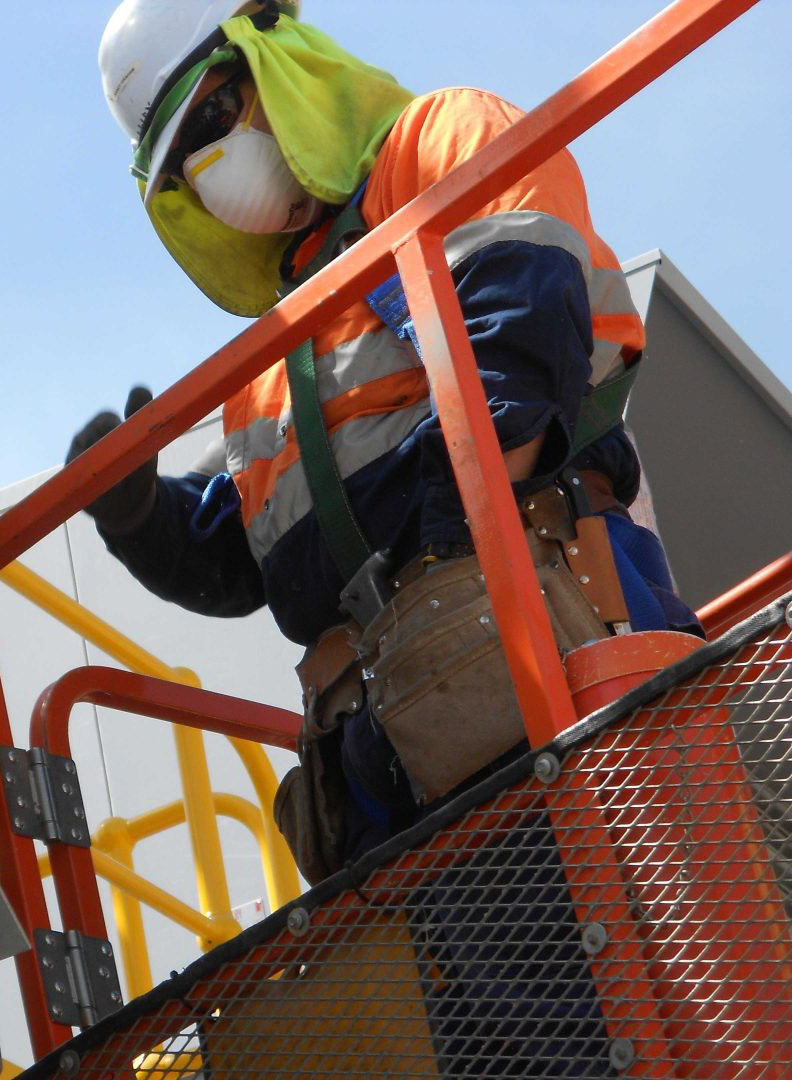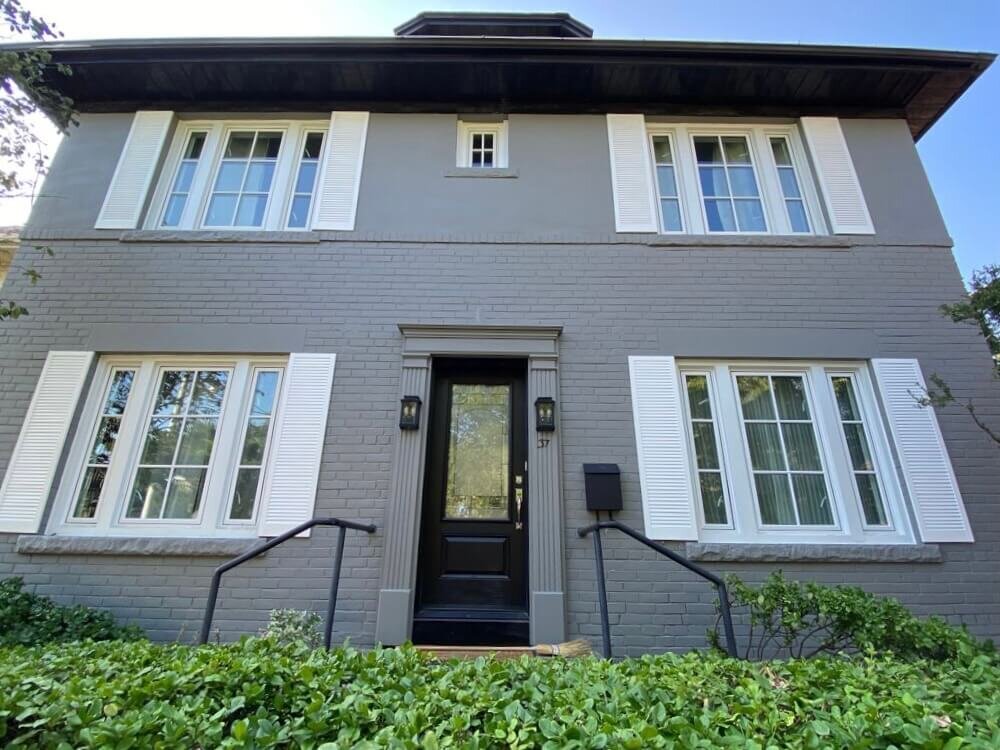PVC ceilings have gained immense popularity in the construction industry due to their versatility, cost-effectiveness, and aesthetic appeal. However, one crucial question that often arises is, Does PVC ceiling last? In this blog post, we will delve into the various factors that determine the longevity of PVC ceilings, providing you with a comprehensive analysis backed by professional expertise and accurate information.
- Understanding PVC Ceilings:
Before exploring the durability of PVC ceilings, it is essential to grasp the fundamentals of this material. Polyvinyl chloride (PVC) is a synthetic plastic polymer known for its exceptional strength, resistance to moisture, and fire-retardant properties. PVC ceilings are manufactured by extruding PVC panels, which are lightweight, easy to install, and available in a wide range of designs, colors, and textures. - Quality of PVC Ceilings:
The longevity of PVC ceilings primarily depends on the quality of the material used. High-quality PVC panels are manufactured using premium-grade raw materials, ensuring enhanced durability and resistance to wear and tear. When purchasing PVC ceilings, it is crucial to opt for reputable brands or suppliers known for their commitment to quality. - Durability Factors:
a. Moisture Resistance: PVC ceilings excel in areas prone to moisture, such as bathrooms and kitchens. Their inherent moisture resistance prevents warping, rotting, or mold growth, ensuring long-lasting performance.
b. Fire Resistance: PVC ceilings are inherently fire-retardant, making them a safe choice for residential and commercial spaces. They do not support combustion and can withstand high temperatures, enhancing their longevity.
c. Maintenance: Proper maintenance plays a vital role in extending the lifespan of PVC ceilings. Regular cleaning with mild detergents and avoiding abrasive cleaning agents or tools can help preserve their appearance and structural integrity.
d. Installation: Correct installation techniques, including proper alignment, secure fastening, and appropriate spacing, are crucial for ensuring the longevity of PVC ceilings. Professional installation by experienced contractors is recommended. - Lifespan of PVC Ceilings:
The lifespan of PVC ceilings can vary depending on several factors, including the quality of the material, environmental conditions, maintenance practices, and usage. On average, well-maintained PVC ceilings can last for 20-25 years or even longer. However, it is important to note that this estimate is based on general observations and can vary in individual cases.
Conclusion:
In conclusion, PVC ceilings are a durable and long-lasting option for both residential and commercial spaces. Their moisture resistance, fire-retardant properties, and low maintenance requirements contribute to their extended lifespan. By choosing high-quality PVC panels, ensuring proper installation, and adopting appropriate maintenance practices, you can maximize the longevity of your PVC ceiling. So, the answer to the question, Does PVC ceiling last? is a resounding yes, provided you make informed choices and follow recommended guidelines.


